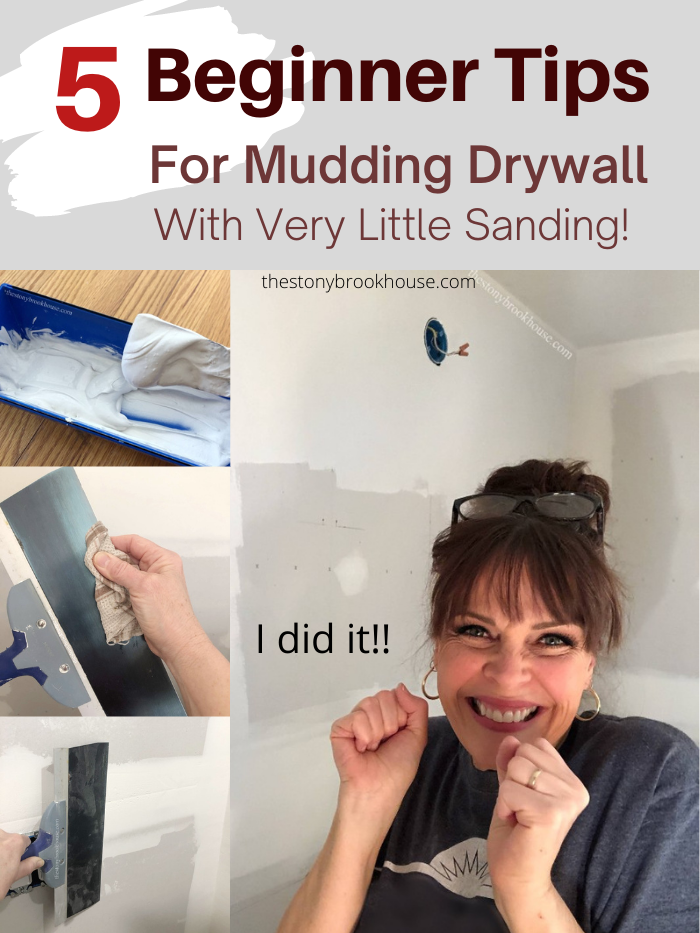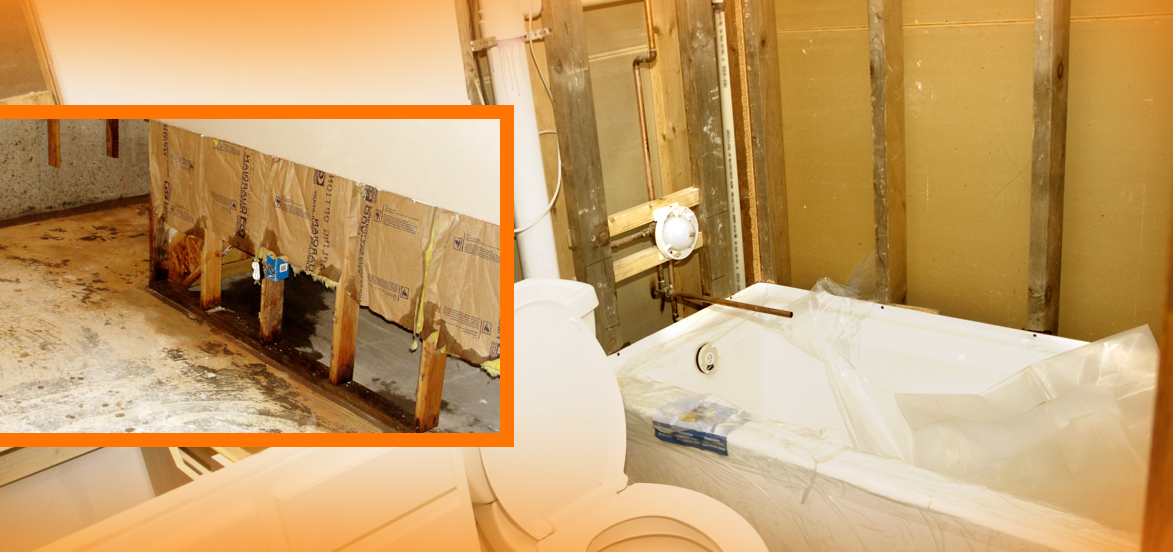
The cost to install drywall depends on what type of wallpaper you use and how large your room is. You can expect to pay around $0.40 to $0.65 per square foot for standard drywall. It is possible to pay more for special types of drywall.
Drywall installation is typically priced by the square foot, but some contractors will charge a small fee for each panel or room. This can make up half the cost for the project.
A drywall cost calculator can give you a good idea of what to expect. The price of drywall can vary depending on how big your room is. These costs include labor and materials as well as equipment. They may vary depending on the location. The national average can be up to 20% higher in wealthy areas, while the national average can be as low as 15% for less-affluent regions.

It doesn't matter if you're renovating an old home or building a new one, drywall can be a quick and simple way to install ceilings and walls. You can also find many types and it's affordable.
Generally, a drywall cost estimator is going to take the following factors into account: labor, material, and equipment. Also, consider other expenses such as permits, sales taxes, and any other fees related to the project.
A typical drywall installation costs between $200 and $400 in materials for a 500-square-foot room. For a more detailed estimate, ask your contractor for a written contract. To reduce the overall cost, you might consider bundling multiple rooms into one project.
The cost of drywall installation may also include other supplies. Joint compound, screws, tape, and tape are all common supplies for drywall installations. Joint compound is available in a range of $15-20, while painters tape costs $10. You can also get joint tape and mud, which seals the gaps and is only used in areas with very little foot traffic.

Drywall is an excellent option for ceiling and wall construction. But if you are planning to make any changes to your home in the future, it is important to ensure that it is properly installed. Choosing a low-quality material can lead to more expensive repairs in the long run. If the finish is poor, you will need to replace the walls more often.
Although drywall can be used to repair damaged walls, plaster may be a better choice if you want a more pleasing aesthetic finish. Plaster is made up of plaster-coated wooden slats. This is much more expensive than traditional drywall. While decorative features like texture and spray finishes are possible to your drywall, they can also be more expensive.
Finally, you'll need to consider the amount of prep work required for your drywall project. Smaller jobs tend to be more expensive per square feet. Remember to factor in cleaning up after your job is finished.
FAQ
Should I hire an architect or builder?
It may be simpler to hire someone to help you renovate your home. However, if you are planning to buy a new home, then hiring an architect or builder will help you make sure that you get exactly what you want.
Can I rent a dumpster?
You can rent a dumpster for debris removal after your home renovation. Renting a dumpster is a great way to keep your yard free from trash and debris.
You can live in a house while it is being renovated.
Yes, I can live inside a house while I renovate it.
Is it possible to live in a house with renovations going on? The length of construction takes will determine the answer. If the renovation takes less time than two months, then no, you can still live in your home during construction. However, if the renovation project lasts longer than two months, then no, you cannot live in your home while the renovation is taking place.
It is important that you do not live in your home during major construction. The heavy machinery and noise pollution at the job site can also cause dust and noise pollution.
This is especially true if you live in a multi-story house. In such cases, vibrations and noises from construction workers may cause irreparable damage to your property.
As I mentioned before, while your home is being remodeled, you'll have to manage the inconveniences of living in temporary shelters. This means that your home won't provide all the amenities you need.
While your dryer and washing machine are being repaired, you won't be able use them. It will be difficult to bear the smell of paint fumes as well the sounds that workers make.
All these factors can lead to stress and anxiety among you and your family members. So it is important that you plan ahead so you don't feel overwhelmed by all the circumstances.
Do your research before you begin renovating your home. You can avoid costly mistakes later.
You can also consider professional advice from a trusted contractor to ensure smooth running of your project.
How important is it that you are preapproved for a loan?
It's important to be pre-approved for mortgages. This will allow you to determine how much money you can borrow. It will also help you determine if you are qualified for a specific loan program.
Statistics
- On jumbo loans of more than $636,150, you'll be able to borrow up to 80% of the home's completed value. (kiplinger.com)
- According to the National Association of the Remodeling Industry's 2019 remodeling impact report , realtors estimate that homeowners can recover 59% of the cost of a complete kitchen renovation if they sell their home. (bhg.com)
- A final payment of, say, 5% to 10% will be due when the space is livable and usable (your contract probably will say "substantial completion"). (kiplinger.com)
- Rather, allot 10% to 15% for a contingency fund to pay for unexpected construction issues. (kiplinger.com)
- They'll usually lend up to 90% of your home's "as-completed" value, but no more than $424,100 in most locales or $636,150 in high-cost areas. (kiplinger.com)
External Links
How To
How to renovate an older house
First, you need to decide what kind of renovation you want. This could range from simple updates to your kitchen appliances, to completely changing the look of the entire house.
Once you've decided on the type of renovation that you want to do, it is time to consider how much money your budget allows you to spend. You might find that you don't actually have enough funds to cover the full cost of the entire project. If this happens, you might need to make difficult decisions about which areas in your home you can afford to upgrade and which ones to keep the current budget.
Before you make the decision to carry out renovations, there are some things that you should do. You need to make sure you have the right permits for your project. It's also worth checking whether you need planning permission to carry out certain types of work. You might have to apply for building permission if you want to add an extension to your home.
Before you start working on the house, it's always best to check the local council website to see if they require any additional permits. Make sure you check whether each section of the house needs to be given planning permission. Finally, if you're carrying out any major works such as installing a new roof, you might need to contact your insurance provider to make sure that you have adequate cover in place.
Next, you will need to decide on the tools and materials that are best suited for your job. There are many options, so take the time to thoroughly research them. Most people use wallpaper paste, paint, flooring, tiles and carpets for their renovation projects.
It is important to evaluate the quality of these items when you are shopping for them. Low quality products are more likely to be thrown away after a while, while high-quality products last for a longer time and offer better value. When purchasing any product, make sure you purchase the correct amount. You shouldn't just buy too much because you might end up wasting valuable resources and having to throw away large amounts of material. Instead, purchase only what you need.
Once you have chosen the materials, it is time to plan where you will store them while you work on the property. Renting storage space might be necessary if you plan on renovating a large part of your home. This will allow you to store all your supplies until you have them ready to go. You might also consider asking family and friends to move your belongings around.